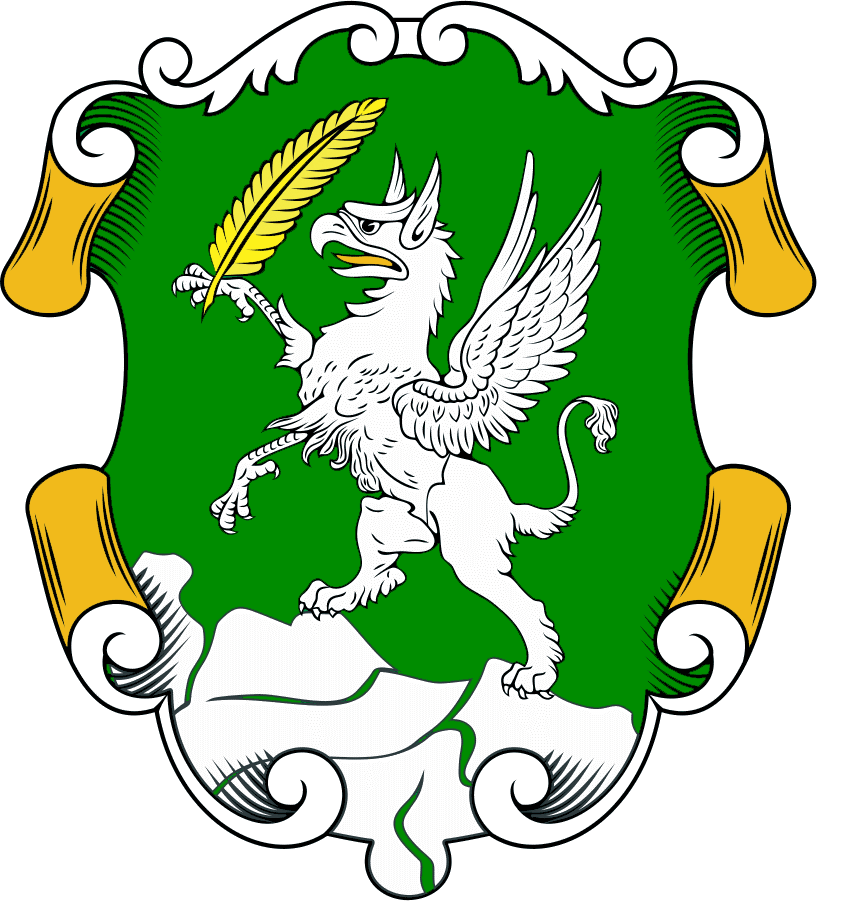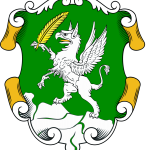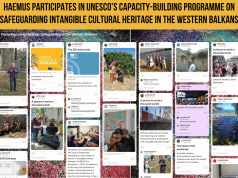
International and interdisciplinary conference
MOVEMENTS, NARRATIVES, AND LANDSCAPES
University of Zadar
5th-7th June 2015
Through the development of technology, the informatization of society and political, geographical and historical changes to borders, it often seems that (non)movements and (im)mobility have become the dominant processes in our lives. Scholarly work on these processes has shown the ways, in which the landscapes through which people, things and ideas move, are laden with stories about past lives, present experiences and future becoming. People not only use landscapes, they also talk about and fashion them through narratives in such a way that these narratives fashion people too. Hence, the meaning of landscapes can be seen as a window disclosing peoples’ lives in all the complexity of their social relations.
This conference will explore the complex relationships which exist between space, place, landscape and movement. It will address a wide range and modes of movements and also question how landscapes influence peoples’ everyday lives; how tourism, ecology, local, national and international policies, border-related issues influence landscapes; how peoples’ (non)movements generate landscapes and vice versa; what are peoples’ concrete experiences of (non)movements and (im)mobility; how people, material objects and ideas are (re)positioned in time, space and landscape; how landscapes are often tools and sources of/for political and social negotiations and management and how all these impact on peoples’ everyday lives and their understandings of their landscapes; etc.
The conference seeks to bring together academics from different disciplines (anthropology, geography, archaeology, sociology, history, ethnology, folklore studies, etc.). We also invite colleagues to think about new theoretical and methodological approaches which will help us bring together different perspectives within a common dialogue.
We invite colleagues to address one of the following panels:· Landscape as a Source of Knowledge for Organizing Space
– Changes and Development of the Landscape over time;
– Cultural Landscape and Society;
– Identification of Historic Landscapes;
– Changing Landscapes of South Eastern Europe;
– Place Names as Landscapes Signifies;
– Connecting Past and Present Landscapes: Using the Ancient and Historic records to Inform on the Present.
· Pilgrimage, Monumentality (Architecture) and Changing Landscape
– Role of religious agents (e.g. priests, nuns, imams, rabbis, synods) in the development of pilgrimage sites, monumentality and changing landscapes;
– Role of secular agencies (e.g. planners, state ministries, political parties, NGOs) in the development of shrines and changing landscape;
– Contestation over the development of sites and changes to landscapes;
– Religious and secular symbols involved in the development of shrines and changing landscape.
· Vernacular Spaces and Practices of Memorialisation
– Roadside memorials;
– Memorial trees, benches and other shrines;
– Marking the resting places with the deceased;
– Stone markings in landscape.
· Changing Tourism, Changing Tourists
– Pilgrims vs. Tourists, Pilgrimage vs. Tourism;
– Old tourists new practices;
– Post-tourists and post-tourism;
– Tourism and landscape changes;
– Dark-tourism;
– Tourism and narratives.
· Land and Water Routes
– How movements of people, things and ideas define land and water routes and vice versa;
– How land and water routes and connections they make influence peoples’ everyday lives;
– How tourism, ecology, local, national and international policies, border-related issues influence routes;
– The material characteristics of land and water routes and how they “dictate particular forms of their conceptualization;
– Methodological approaches to study land and water routes.
· Seascapes: Shores and Off-shores
– Seascapes in narrations: sea images in literature, in itineraries/narrations/diaries, on blogs and forums etc.;
– Ports and anchorages as a part of touristic landscape: sustainable discourse of maritime areas, protection of village ports, building of new berths, the role of fishermen;
– Sea and movement: ethnography of sea journeys, ethnography of ports, seafarers and their perceptions of the sea, movements vs. stillness at the sea, the role of tides and winds in sea journeys;
– The contested foreshore: conflict between different actors, discourse analysis;
– Sea as cybernetic space: modern navigation, following sea navigation routes on GPS, smooth and constrained space in a contemporary, technological perspective.
Keynote speakers
John Eade (University of Roehampton, London, UK)
Noel Salazar (University of Leuven, BE)
Avril Maddrell (University of the West of England, UK)
Conference participation fees
Participation fee is – € 50
The participation fee includes all symposium proceedings, daytime refreshments, excursions, and tourist guidance through Zadar.
Abstracts (up to 300-words in Word doc.), with contact details and affiliation, should be sent to Lena Mirošević and Mario Katić by January 1st 2015.
For more information please see attachment.





